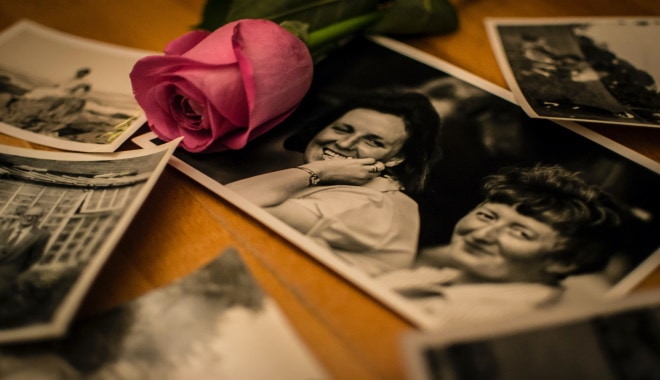The first cases of COVID-19, also known as coronavirus, appeared in China in December 2019. It is a respiratory virus that was originally mistaken for pneumonia. January 7, 2020, it was determined that the illness was a new form of the coronavirus. By the end of January, COVID-19 had spread across the globe, with confirmed cases in the United States, Thailand, South Korea, Japan, Italy, the United Kingdom, and several other countries. April 14, 2020, NBC News reported that almost 2 million cases of COVID-19 had been confirmed worldwide and that the global death toll was approaching 120,000. The United States has the highest number of fatalities, with 23,500 deaths.
By March 25, 33% of all people on earth were under a formal shelter in place order from their government. Non-essential businesses have been closed and travel restrictions are common. The measures are taken to slow the spread of the virus have had significant financial and social implications. People may be experiencing grief for several reasons, including the loss of friends and family, loss of their job, loss of access to medical treatment, inability to perform regular activities and isolation from their peers. These losses are compounded by fear and uncertainty. It is important for all individuals struggling with grief to know that their feelings are valid and that there are resources and strategies they can use to cope during this pandemic.
Teletherapy

NYC therapists at the Therapy Group of NYC can provide you with a qualified therapist or clinical psychologist you can meet with to discuss any issues. Their mental health professionals offer confidential teletherapy so that people can receive guidance and support from the right therapist during the pandemic. You can seek their services for individual, family or couples therapy. They will help you work through any causes of grief you may be struggling with at this time. New York City residents can transition to in-person sessions after the lockdown.
Safe Visiting

You can have a safe, socially-distanced visit with at-risk family members you may be delivering supplies to. You can take your children with you for a socially-distanced in-person visit. You can chat with your family in person from a safe distance through an open window while wearing masks and gloves. If they have a hearing impairment you can still talk face to face safely with a mobile device. You can also use a glass door to play games like tic-tac-toe with your family members.
Read More: How Seniors Cope With the Recent Covid-19 Outbreak?
Connect With Others

Social media sites are enabling people to connect with friends and family. You can reduce your concerns about the well-being of friends and family by interacting with them on social media sites and reading their updates. Live stream video of special events or interact through video apps that will allow you to see and speak to people in real-time. You can also use apps to have live chats while doing a group watch of a movie or TV show with your friends.
Preserve Memories

A smart photo manager will also enable you to access stored photos and videos so that you can publicly or privately share photos online or through personal messages. You can also upload visual content you receive from loved ones and store it safely. Your smartphone, computer, and tablet can all be connected to your smart photo manager so that you can pull up a family photo, photos of your kids or pictures of other members of your family. You can also listen to videos friends or family made for you. This can help reduce feelings of isolation.
Create New Rituals

The need to quarantine individuals with COVID-19 has prevented individuals from being with friends or family in their final hours. People are also unable to hold funerals for their loved ones. What’s even worse is that thousands of people are unable to say goodbye to their loved ones due to travel restrictions. This is compounding the grief people experience from loss because they are unable to go through the customary mourning process. Some families are holding virtual funerals and gathering via mobile apps to share their grief and support one another. You can also make a memorial scrapbook. Some have even turned to YouTube for online grief support.
Read More: How to Effectively Clean Your Home for Coronavirus
Strive for Acceptance

The stages of grief include denial, anger, and despair. Are you in denial about how serious COVID-19 is? Are you consumed by fears of being homeless or dying alone? Work towards acceptance. Focus on what you can take control of during this pandemic and look for ways to create positive interactions with others and appreciate any benefits you may be experiencing from the pandemic, such as spending more time with immediate family members.



